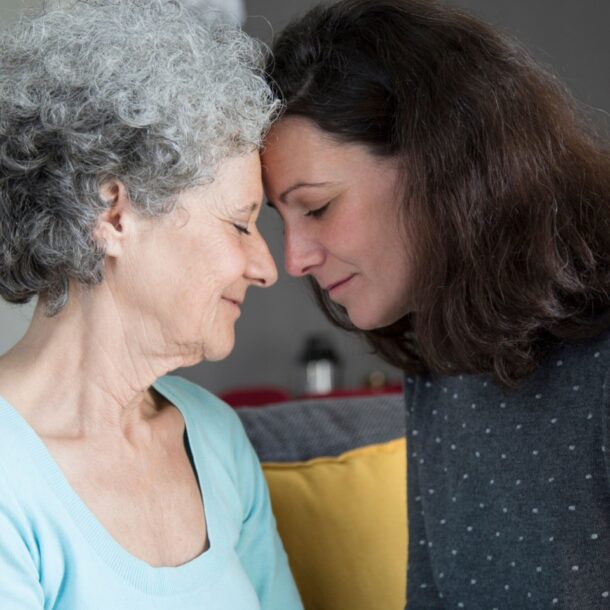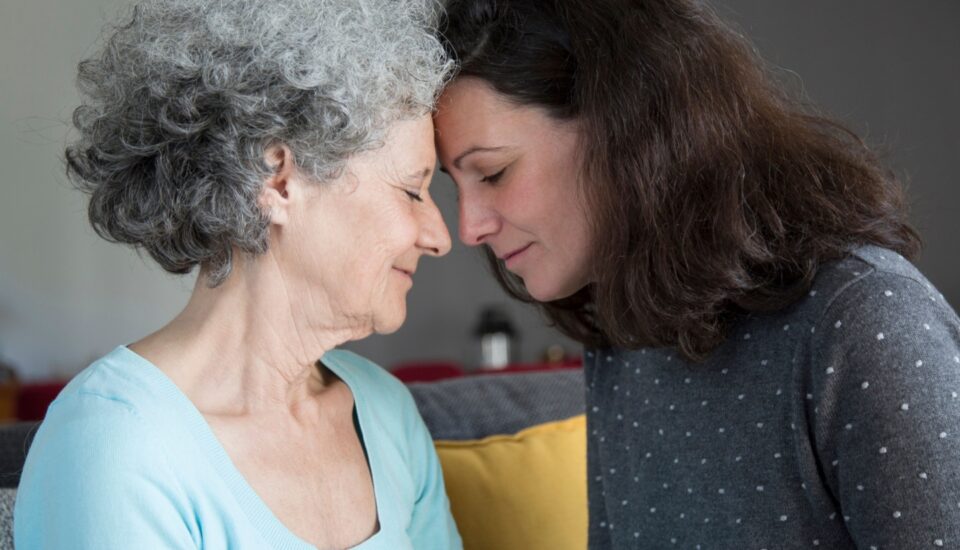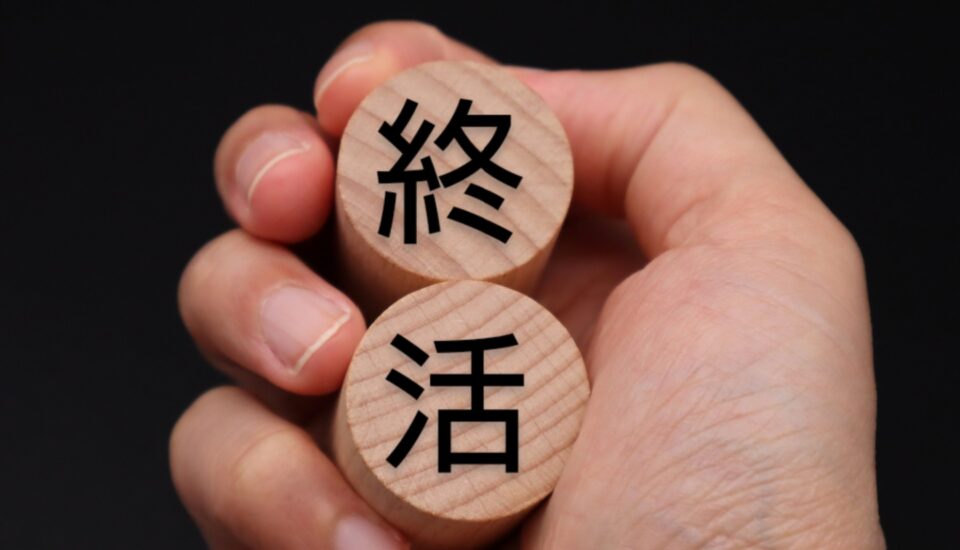
Navigating the Roles of End-of-Life Caregiving: A Guide to Compassionate Support
In the journey of life, there comes a time when we face the inevitable: the end of life. During this delicate period, individuals often require profound care and support, not just from medical professionals but also from compassionate caregivers who understand the nuances of end-of-life caregiving. In this blog, we’ll explore the pivotal roles of family caregivers, companion caregivers, hospice caregivers, and end-of-life doulas, shedding light on their unique contributions within the care team to ensure comfort, dignity, and peace during life’s final chapter.
Family Caregiver: The Pillars of Unwavering Support
Family caregivers serve as the bedrock of support during the end-of-life journey. They are often spouses, children, siblings, or close relatives who selflessly dedicate themselves to the care of their loved ones. The role of a family caregiver extends far beyond physical assistance; it encompasses emotional support, advocacy, and unwavering companionship.
From managing medications to attending medical appointments, family caregivers juggle various responsibilities while providing a comforting presence to their loved ones. Their role is deeply personal and often emotionally challenging yet profoundly rewarding. As they navigate the complexities of caregiving, family caregivers draw strength from the bonds of love and shared memories, exemplifying the essence of unconditional care.
Companion Caregiver: Fostering Connection and Comfort
Companion caregivers play a vital role in providing companionship and emotional support to individuals nearing the end of life. Unlike family caregivers, companion caregivers are often hired professionals or volunteers who offer their time and presence to alleviate loneliness and enhance the quality of life for the individual.
Whether engaging in heartfelt conversations, reading beloved books aloud, or simply holding hands in silent solidarity, companion caregivers offer solace and companionship in moments of vulnerability. Their empathetic presence provides comfort, easing the emotional burden for both the individual and their family members. Through their compassionate presence, companion caregivers bring warmth and humanity to the end-of-life experience.
Hospice Caregiver: Embracing Palliative Care with Compassion
Hospice caregivers are trained professionals who specialize in providing palliative care to individuals with life-limiting illnesses. Rooted in the philosophy of comfort-oriented care, hospice caregivers prioritize pain management, symptom control, and holistic support to enhance the quality of life for patients and their families.
In addition to administering medications and coordinating care plans, hospice caregivers offer emotional support and guidance throughout the end-of-life journey. They foster open communication, ensuring that the individual’s wishes and preferences are honored with dignity and respect. By creating a nurturing environment that values compassion and empathy, hospice caregivers empower individuals to find peace and serenity in the final stages of life.
End-of-Life Doula: Nurturing Souls on the Threshold
End-of-life doulas, also known as death doulas or soul midwives, provide holistic support to individuals and their families as they approach the end of life. Drawing from ancient traditions and modern practices, end-of-life doulas offer emotional, spiritual, and practical guidance to navigate the complexities of dying with grace and dignity.
From creating personalized legacy projects to facilitating meaningful rituals and ceremonies, end-of-life doulas empower individuals to find meaning and closure in their final days. They serve as compassionate companions, holding space for reflection, acceptance, and transcendence amidst life’s inevitable transition. Through their gentle presence and nurturing care, end-of-life doulas illuminate the path toward a peaceful and profound departure.
Honoring the Human Spirit in End-of-Life Care
In the tapestry of life, end-of-life caregiving emerges as a sacred journey of compassion, connection, and profound humanity. Whether as family caregivers, companion caregivers, hospice caregivers, or end-of-life doulas, each role embodies the essence of unconditional love and unwavering support. Together, these caregivers form a compassionate continuum of care, honoring the inherent dignity and resilience of the human spirit in life’s final chapter.
As we embrace the inevitability of mortality, let us recognize the profound significance of end-of-life caregiving in shaping the narrative of our shared humanity. In the tender moments of vulnerability and transition, may we find solace in the presence of compassionate caregivers who illuminate the path with kindness, empathy, and unwavering grace.
234 Olivine Circle
Townsend, DE 19734



